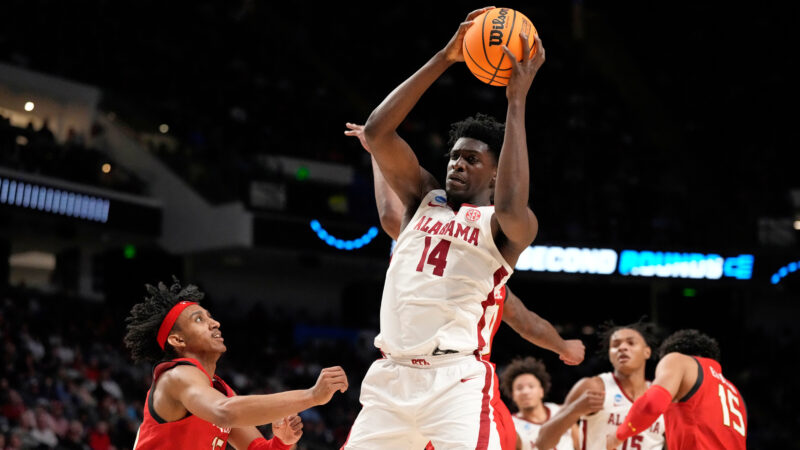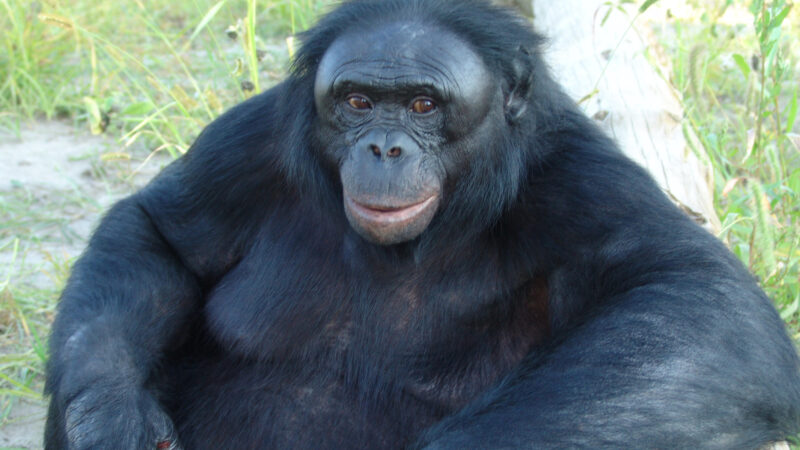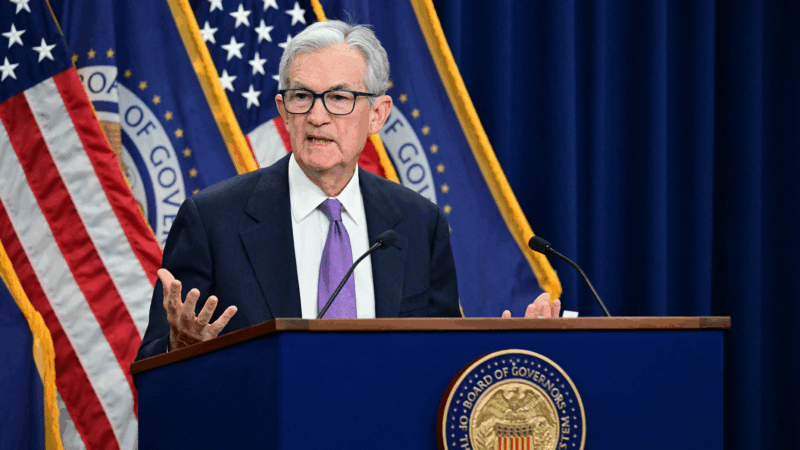Sean Combs found guilty on two counts, but acquitted on most serious charges
This report includes mentions of physical and sexual violence.
A federal jury in Manhattan has found Sean Combs, the hip-hop mogul also known as Diddy or Puff Daddy, guilty on two counts of transportation to engage in prostitution. He was found not guilty of one count of racketeering conspiracy and two counts of sex trafficking.
The jury deliberated for 13 hours before announcing their split decision after the trial that began on May 5.
Prosecutors in the Southern District of New York were not able to successfully argue to the jury that their two prime witnesses, Combs’ ex-girlfriend Casandra “Cassie” Ventura and another former girlfriend who testified under the pseudonym “Jane,” had not participated consensually in the sex and drug marathons that Combs variously referred to as “freak offs,” “hotel nights” or “wild king nights.”
Combs did not take the stand in his own defense, nor did his team of lawyers present any witnesses. Instead, they pointed to hundreds of texts and social media posts in which Ventura and Jane often expressed enthusiasm for those sessions, despite the women later saying on the stand that they felt pressed and manipulated into planning and participating in them. These relationships, the defense team argued, were toxic and perhaps abusive, but failed to meet the government’s standards of federal criminality.
The prosecution was also unable to prove to the 12-person jury that Combs had run a criminal conspiracy or an organized crime syndicate within the racketeering charge. They had accused Combs of several related crimes within this charge, including forced labor, bribery and obstruction of justice. In recent years, federal prosecutors have applied racketeering (also known as RICO) charges quite broadly — and in certain high-profile cases against well-known hip-hop artists as well as in the highly publicized trial of R&B R. Kelly, who was found guilty of RICO and sex trafficking in 2021. But the government lawyers were unsuccessful in this instance.
A racketeering conviction would have carried the most serious potential incarceration time for Combs, with a maximum sentence of up to life in prison. Convictions for the counts of sex trafficking by force, fraud or coercion — one for Ventura, and one for Jane — would have each carried a statutory minimum sentence of 15 years and up to life in prison.
The two counts of transportation to engage in prostitution — one regarding Ventura and male sex workers, and one regarding Jane and male sex workers — each carry a maximum sentence of 10 years.
Outside of this federal criminal trial, Combs continues to face dozens of civil lawsuits brought by former employees and associates. Ventura, who brought a civil suit against Combs in Nov. 2023, settled within one day for $20 million. As part of that settlement, Combs did not acknowledge any wrongdoing.
In his professional heyday, Combs, who has won three Grammy Awards, was at the forefront of bringing hip-hop to a mainstream pop audience — and made himself the face of the label he co-owned, Bad Boy Records. He also built an empire of related businesses, including the Sean John fashion company, a lucrative promotional partnership with the alcohol giant Diageo, and a media business that included the once-popular VH1 reality show “Making The Band,” which featured him as an impossibly demanding boss who frequently demeaned aspiring employees.
Judge rules 7-foot center Charles Bediako is no longer eligible to play for Alabama
Bediako was playing under a temporary restraining order that allowed the former NBA G League player to join Alabama in the middle of the season despite questions regarding his collegiate eligibility.
American Ben Ogden wins silver, breaking 50 year medal drought for U.S. men’s cross-country skiing
Ben Ogden of Vermont skied powerfully, finishing just behind Johannes Hoesflot Klaebo of Norway. It was the first Olympic medal for a U.S. men's cross-country skier since 1976.
An ape, a tea party — and the ability to imagine
The ability to imagine — to play pretend — has long been thought to be unique to humans. A new study suggests one of our closest living relatives can do it too.
How much power does the Fed chair really have?
On paper, the Fed chair is just one vote among many. In practice, the job carries far more influence. We analyze what gives the Fed chair power.
In a world built for sitting, here’s how to stay active — even when stuck inside
In the office, classroom and living room, working and relaxing mean sitting still. Our bodies evolved without chairs. Here are some tips for getting out of your seat and moving — even on cold days.
‘Please inform your friends’: The quest to make weather warnings universal
People in poor countries often get little or no warning about floods, storms and other deadly weather. Local efforts are changing that, and saving lives.








